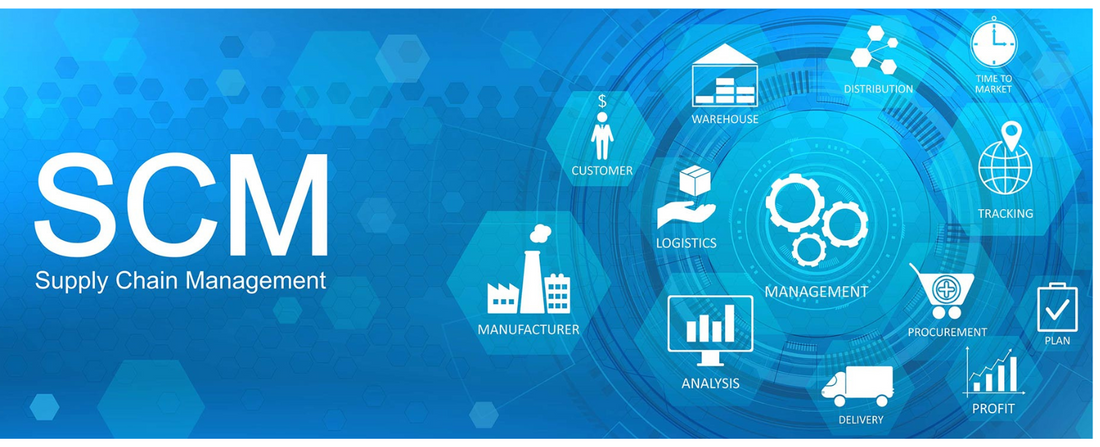
From Loom to Global Market: How Oracle SCM Helps Textile Brands Compete Worldwide
Share
From Loom to Global Market: How Oracle SCM Helps Textile Brands Compete Worldwide
The textile industry has always been about speed, precision, and adaptability. From handlooms of the past to today’s automated factories, one thing remains constant: the need to deliver quality products efficiently. But in a globalized marketplace, textile brands face challenges beyond the factory floor—managing supply chains, staying sustainable, and keeping costs low while competing worldwide. This is where Oracle Supply Chain Management (SCM) Cloud steps in.
The Modern Textile Challenge
Textile brands today don’t just compete locally. They compete with manufacturers across continents, where cost, speed, and agility can make or break a business. Problems like shipment delays, inaccurate demand forecasts, raw material shortages, or lack of visibility can disrupt production and hurt brand trust.
Traditional supply chain tools often fail to keep pace with these demands. Textile companies need smarter systems that connect every step—from the loom to the global market.
How Oracle SCM Empowers Textile Manufacturers
1. Real-Time Visibility
With Oracle SCM, textile businesses gain complete visibility across their supply chain. From tracking cotton sourcing to monitoring shipments of finished garments, managers can see every stage in real time.
2. Smarter Demand Forecasting
Using AI and advanced analytics, Oracle SCM helps brands predict trends more accurately. Whether it’s seasonal fashion demand or bulk industrial fabric orders, better forecasting means fewer stockouts and less overproduction.
3. Agile Production Planning
Oracle SCM connects production schedules with supply chain data, helping manufacturers adjust quickly when raw material availability or customer demand changes.
4. Sustainability Tracking
Sustainability isn’t just a buzzword—it’s a competitive advantage. Oracle SCM helps textile brands trace raw materials, monitor energy use, and reduce waste, building transparency for eco-conscious customers.
5. Global Reach, Local Strength
With Oracle SCM, businesses can manage global supply networks while staying responsive to local market needs. This balance gives textile brands a sharper competitive edge worldwide.
From Factory Floor to Fashion Store
Imagine a brand in Pakistan producing textiles for European retailers. Without a modern SCM system, delays in shipping or miscalculations in demand could mean lost contracts. With Oracle SCM, however, that same brand can ensure on-time deliveries, meet sustainability requirements, and keep customers satisfied—turning challenges into growth opportunities.
Why It Matters for Textile Brands
-
Compete globally without losing efficiency
-
Deliver on customer expectations faster
-
Stay sustainable and transparent
-
Make smarter decisions with real-time data
Final Thoughts
The textile industry is evolving faster than ever. From the moment yarn is spun on a loom to the time finished fabric hits a global market, success depends on smart supply chain management. With Oracle SCM Cloud, textile brands don’t just keep up—they lead, weaving innovation and efficiency into every step of their global journey.
Follow us on: Instagram, Twitter X, Pinterest.
